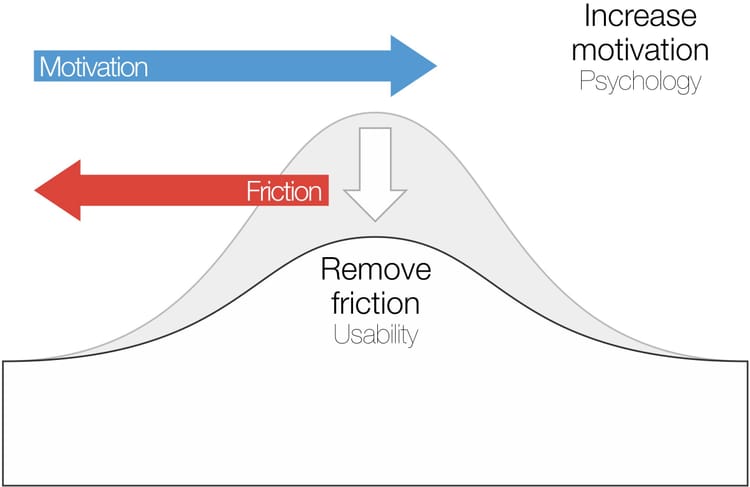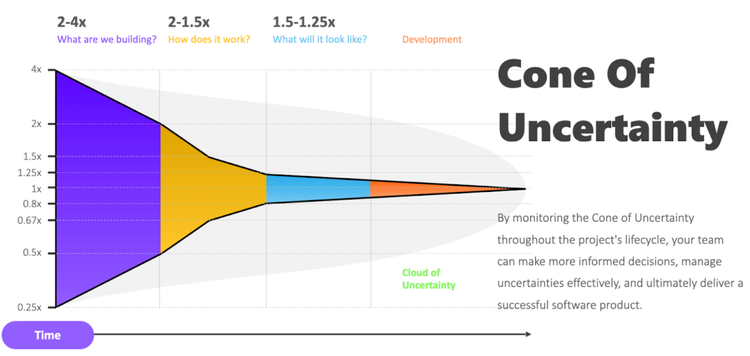Measuring the Indirect Impact of Product Partnerships

In the world of product partnerships, attributing growth can sometimes feel like deciphering a Rubik's Cube while blindfolded. Accurately gauging the indirect growth generated by these collaborative efforts often needs a creative and nuanced approach.
By examining some key metrics, we can show the value delivered.
1. MAU (or WAU or DAU)
Monthly Active Users (MAUs) remain a fundamental yardstick for gauging success in any product partnership. They represent the core user base actively engaging with your combined offerings. Accurately measuring MAU growth requires defining "active user" within the context of the integration. This could involve performing specific actions within the integrated features, logging in with increased frequency, or exceeding a certain usage threshold. By tracking MAU growth you can paint a comprehensive picture of how your partnership is driving user acquisition, engagement, and retention, both directly and indirectly.
2. Instance Expansion
Put simply, do customers who use an integration, grow faster? You can often find ways to compare their instance expansion rates to a baseline of non-integration using customers.
3. Churn
Reduced churn often operates silently, yet its impact is profound. Monitoring churn rates among customers who leverage your joint offering compared to those who don't reveals a powerful story. A significant drop points to increased user satisfaction and stickiness, a testament to the efficacy of your partnership.
4. CSAT
Customer satisfaction surveys are more than just data points; they offer invaluable insights. Go beyond individual feature assessments and craft questions that gauge sentiment towards the integrated experience. Positive feedback is a potent indicator of indirect growth.
5. Edition Upgrades
Witnessing users upgrade to higher editions signifies their appreciation for the value you offer. However, upgrades specifically within customers who engage with your integrations features holds even greater significance. This points to a partnership that compels users to unlock the full potential of both products, driving indirect growth in revenue and engagement.
6. Seat Activation
Successfully adding new customers is critical, but true success lies in their active usage of your product. High seat activation (purchased vs. activated), in customers who use an integration, demonstrates the added value.
- Unlocking Data
Integrations which bring new data into your core product, can be especially impactful. This is especially true if this data can help product teams build new features, or improve existing experiences for users.
Measuring indirect growth in product partnerships is an ongoing pursuit, not a one-time endeavor. Experiment with these metrics, combine them, and tailor them to your specific partnership.
“Some things you have to do every day. Eating seven apples on Saturday night instead of one a day just isn’t going to get the job done.”
– Jim Rohn
If you enjoyed this piece, please share it. Thanks. 🙏




